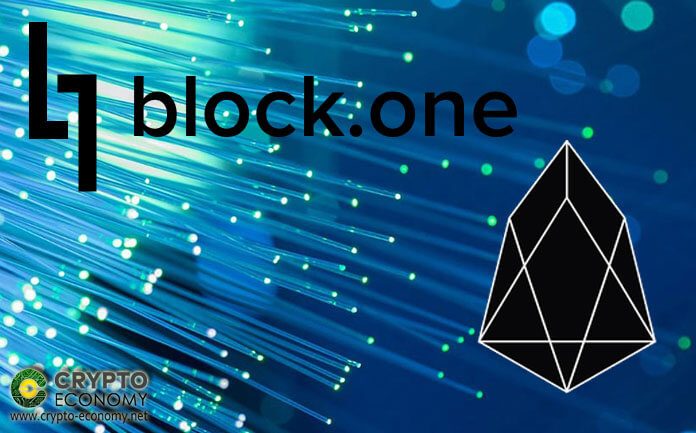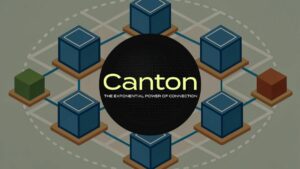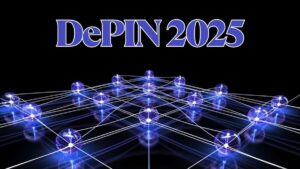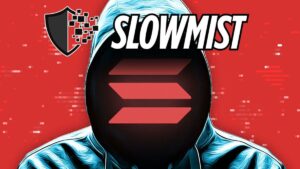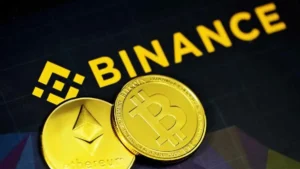EOS, the smart contract platform that competes directly with Ethereum and Tron, two other platforms on the top least of most valuable blockchain-based smart contract platforms has successfully upgraded its software to the backward-incompatible Version 1.8 RC 2. Scheduled to launch on September 23rd at exactly 13.00 UTC the hard fork went according to plan and now more than 18 hours after the hard fork, the network seems quite stable as blocks are being generated as usual.
EOSNation, a block producer on the EOS network said previously that,
“This is the largest upgrade to the EOS public network since launch and the first to require a hard fork. It requires coordination and collaboration between node operators and dApp developers across the globe.”
Despite the event being a one of a kind according to EOSNation, the blockchain handled it pretty good. It was a coordinated hard fork with all the block producers jumping on board to implement the rollover. Really only 15 out of the 21 block producers needed to propagate the longest chain but there was no contention as all the BPs were in support.
Here are some of the features that the new version 1.8 brings with it:
For decentralized Apps:
- Determine Sender
- Smart contracts can now determine which accounts send an action making it resistant to spoofing attempts.
- Fix Excessive Restrictions
- This relaxes unintentionally restrictive limitations on which actions can be linked to a minimum required permission.
- Restrict Authorization Checking
- Authorization checking behavior for all actions becomes consistent regardless of whether the actions are the original actions in an input transaction.
- Billing First User
- Only charge the first authorizer of the transaction so that dApps can build alternative models for network resources so that users won’t have to pay fees.
For users:
- Modify RAM billing
- The update will allow billing of RAM to other account and will make it easier for users to use dApps.
- Fix Deferred Transactions
- User’s not receiving RAM and incorrect transaction ID will have their RAM usage corrected and these issues will be fixed.
- Billing First User
- Only charge the first authorizer of the transaction so that dApps can build alternative models for network resources so that users won’t have to pay fees.
- User-friendly upgrades
- By checking behavior for all actions and making it resistant to spoofing attempts, users will have enhanced security.
Following this successful hard fork, Block.one the main developer of the EOS protocol will now be able to launch their highly anticipated Voice social media network which was announced back in June 1st. “We need 1.8 before mainnet deployment,” said Dan Larimer, the CTO of Block.one on the launch of Voice.



![[EOS] – EOS Successfully Upgrades Network to V1.8](https://crypto-economy.com//wp-content/uploads/2019/07/eos-8.jpg)
